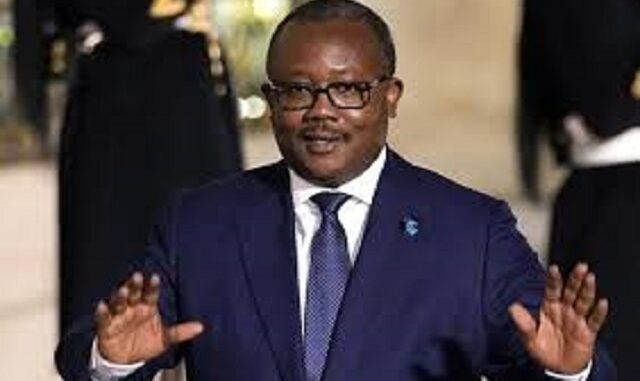
The President of Guinea-Bissau, Umaro Sissoco Embaló, set June 4 as the date for legislative elections, the Guinean presidency announced in a presidential decree.
In the decree, Umaro Sisoco Embalo points out that he made the decision after consulting the political parties, the National Elections Commission (CNE) and considers that the conditions that prevented the ballot from being held on May 18 have been met.
The Guinean President dissolved the parliament on May 16, alleging the existence of “a serious institutional crisis”, namely “disagreement between the People’s National Assembly and the courts”, and called the legislative elections for December 18.
In early December, the Government, after consultations with the parties with parliamentary seats, informed the head of state that it was impossible to hold the ballot on that date.
Then, the Government also alleged difficulties in starting voter registration, which ended up starting on the 10th of this month to last until February.
The scheduling of elections for June 4 was decided at a time when a disagreement persists between the six parties with seats in the defunct parliament regarding the CNE, with three political formations considering the institution to have lapsed and as many defending its continuity.
At issue is the executive secretariat whose mandate ended last April, according to the arguments of the African Party for the Independence of Guinea and Cape Verde (PAIGC), Social Renewal Party (PRS) and Union for Change (UM).
The parties Movimento para a Alternância Democrática (Madem G-15), Assembleia do Povo Unido – Partido Democrático da Guiné-Bissau (APU-PDGB) and Partido da Nova Democracia (PND) defend the continuity of the current CNE leadership which they consider legitimate and with the capacity to hold elections.
